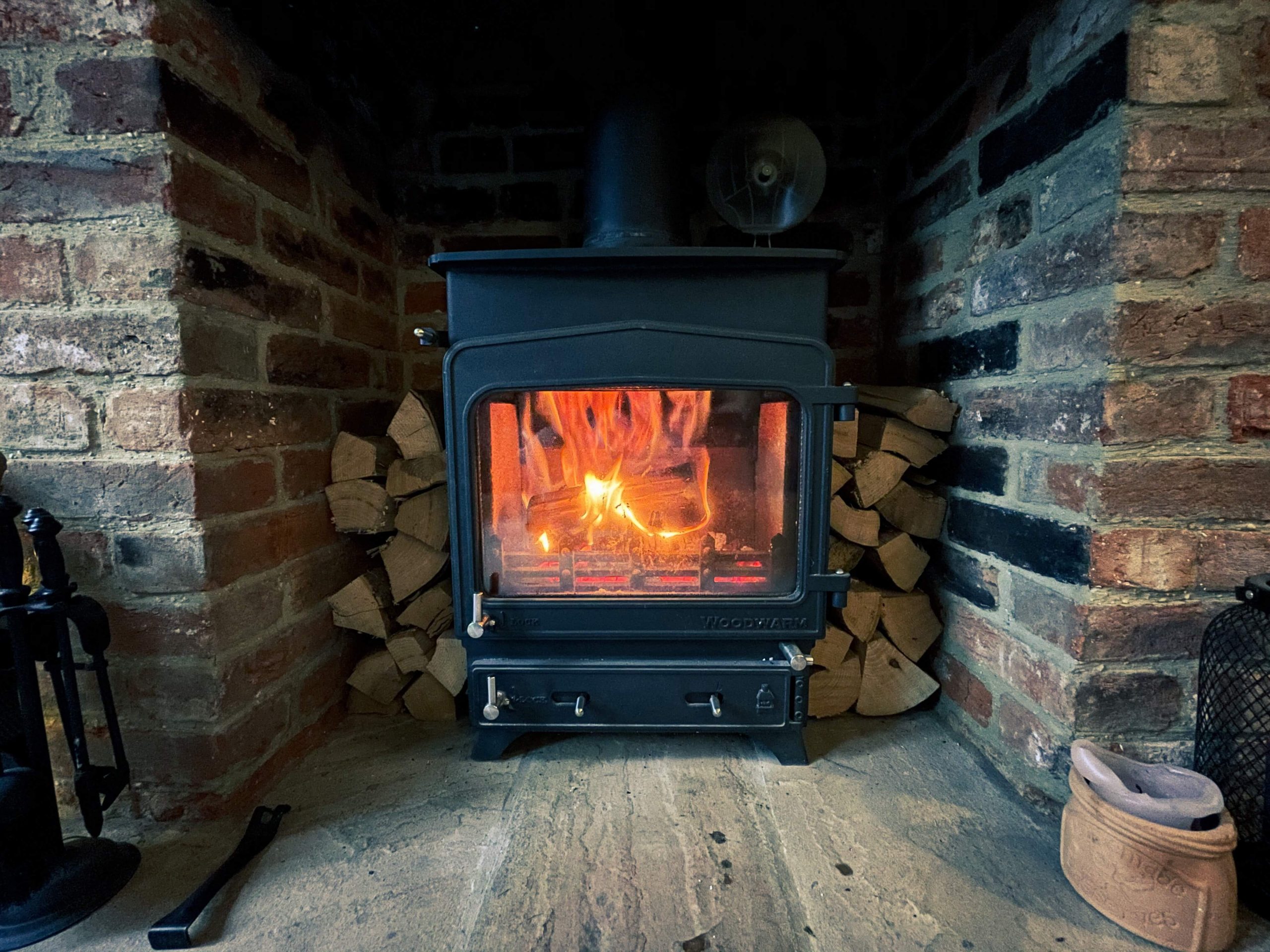What are the rules about carbon monoxide detectors?
I heard there were changes to the rules about carbon monoxide detectors. What are the current rules?
As a landlord, you have a duty of care towards your tenants and a responsibility to stay on top of legal requirements that ensure their safety. Make sure you are up-to-date on fire safety rules, legionella safety and how mould can impact health. While these aren’t all legal requirements, legislation is always changing so it’s good to be clued up on what can affect your tenant’s health and safety.
Home Emergency Insurance for £130
- ✓ Covered up to £1,000 per emergency
- ✓ £250 for overnight accomodation
- ✓ Call out, labour & parts included
What is carbon monoxide?
Carbon monoxide is an odourless, colourless gas, which is caused by the incomplete combustion of fuel. Prolonged exposure to carbon monoxide can lead to memory issues and difficulty concentrating, as well as vision and hearing loss.
Severe carbon monoxide poisoning effects include:
- Breathlessness
- Chest pain
- Seizures
- Loss of consciousness
- Brain damage
- Heart problems
As well as these symptoms, 10-15% of people with severe carbon monoxide poisoning develop long-term issues that affect them for the rest of their lives.
Because the gas is colourless and odourless, it’s important to have detectors to alert you as soon as possible.
Do I have to have carbon monoxide detector in my rental properties?
As of 1st October 2015, private landlords were required to have at least one smoke alarm installed on every floor of their property.
However, you are only legally required to have a carbon monoxide detector if you have a solid fuel burning appliance.

If your property has:
- A wood burning stove
- A log burner/open fire place
- A coal fire
- A pellet heating system
- Any appliance that uses a solid fuel such as wood, coal, charcoal or oil
You should install a carbon monoxide detector, to keep your tenant safe. It’s also worth considering your own residential home and installing an alarm there, if you have a solid-fuel burning appliance.
As of 2018, 43% of owner-occupied homes and 43% of social rented homes had carbon monoxide detectors installed, compared to 39% of privately rented homes.
Only 51% of homes with a solid-fuel burning appliance had a carbon monoxide alarm installed.
Fire safety regulations require you to make sure that the alarms are working at the start of each tenancy. We recommend testing them before your tenant moves in, so you can get them fixed before the move-in date if necessary. We also recommend you test the alarms in front of your tenant, so they can sign a document confirming the alarms are in good working order.
We also recommend that you ask your tenant to check the alarms regularly. Ideally, this would be a weekly check – it only takes a few seconds to do, after all! – but a monthly one is also good.
While we on the subject of dangerous fumes – don’t forget that your Gas Safety Certificate requires updating every 12 months, so be sure to have a reminder in your calendar!
How does a carbon monoxide detector work?
Carbon monoxide detectors have an electrochemical sensor, so they are able to detect changes in electrical currents which are caused by the presence of carbon monoxide. If these changes are detected, the alarm will go off, just like a smoke alarm.

Unlike fire alarms, there is less education around what to do if carbon monoxide is detected in the home, so make sure that your tenant knows what to do in the event the alarm goes off:
- DO open all the windows, to let about the poisonous gas
- DO turn off the fuel burning appliances and leave the house
- DO NOT turn on the electrical lights or light a match or cigarette near the home
- DO call for help. Your tenant can call the Gas Emergency Service on 0800 111 999, if they believe the issue is with a gas appliance. If it’s more like an oil-based appliance, they can call Oftec on 01473 626 298. Alternatively, they can get in touch with you, the landlord, to make these calls on their behalf if they don’t have the numbers to hand
- DO get medical advice. Your tenants should call 999 if they’re feeling unwell. If they aren’t experiencing any symptoms, it is still wise for them to call 111 for advice, or their GP
The price of detectors varies, but they are not hugely expensive items – especially when you consider that they could save your tenant’s life!
If you have Home Emergency Insurance (and you should, for just such an emergency!) be sure to check your policy to make sure you are conforming to the terms and conditions. These are likely to state you are only covered if your alarm is tested and serviced annually – so make sure you do this or risk voiding your policy!
What were the changes made in November 2021?
Previously, according to the 2015 law, only privately rented homes that had solid fuel burning appliances required a carbon monoxide alarm.
Now, this law extends to both privately and socially rented homes and an alarm is required in every room with a solid fuel burning appliance.
What if I don’t have a carbon monoxide detector in my rental?
If your property doesn’t have a solid-fuel burning appliance, you aren’t legally obliged to install a carbon monoxide detector.
However, you are legally obliged to have a fire alarm on every floor. Missing either of these alarms when you are legally required to have them could result in a fine up to £5,000.